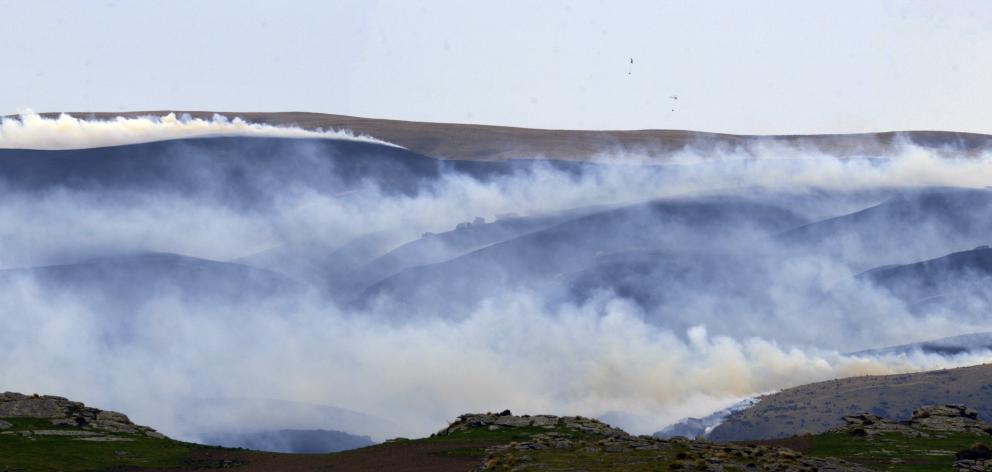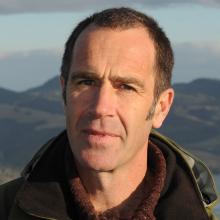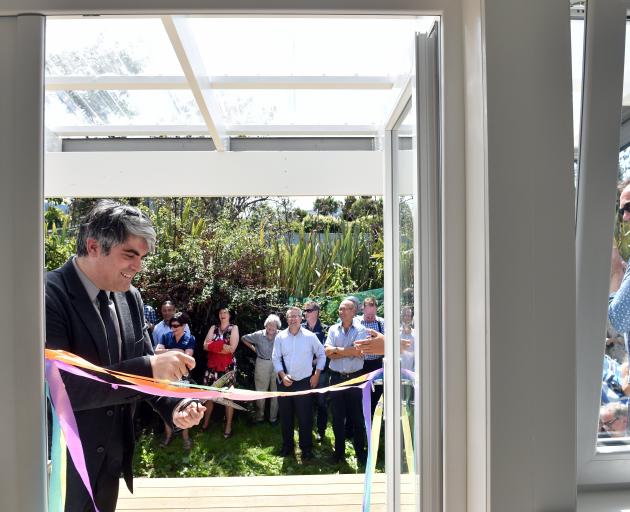

Now, of course, we take coffee, computers, bananas and broadband for granted. We seldom wonder about the trade routes or processes that allow these consumables and services to be delivered seamlessly into our shopping baskets and homes.
Our contemporary society rests on digital systems and high mobility to provide us with all we need, from consumables to services. These systems and our ease of transport have arisen as a global civilisation has grown and then increased in complexity and reach, all through 10,000+ years of stable climate.
The problem now is that we have triggered climate change. Our climate is no longer stable. Our coastlines are no longer fixed. Adverse events are happening with greater intensity and frequency. We now have to learn to adapt.

In the December floods, supermarket shelves were emptied of bread and milk when the long distance transport route was cut. Cell tower and fibre cable damage resulted in mobile outages in the South Island for Spark and 2degrees customers. Landlines, internet and mobile services went down. At Dunedin Public Hospital, online patient records went offline and staff had to contact some specialists by driving to their homes and knocking on the door. We’re fortunate that paper records are still kept and that Dunedin is a small city and people are reasonably easy to find in a hurry, otherwise things may have been very different.
Meanwhile, in November last year, Dunedin’s drinking water was contaminated with ash and fire suppressant chemicals after a fire in the Deep Stream catchment. The vulnerability of long supply lines during that fire was revealed. We were fortunate that the water supply was not out of action for long. Across the Tasman, Australia was burning out of control. Rainwater tank supplies in Otago were contaminated by smoke from the Australian fires, such was the magnitude of the disaster.
That our climate is changing is a fact. But we do not need to be passive, or simply respond to each crisis. We have the ability to adapt to an increased frequency of adverse events. In doing so, we can also reduce emissions and build a more connected, resilient community.

Local food production is a very important way to reduce the length of the supply chain and reduce the risk of supply failure. Many people grow vegetables in their backyards, but we really need to find various social and policy levers to make it possible to boost production on our high quality soils surrounding Dunedin, and support "buy local". Deindustrialising our food system will have the added benefit of supporting our local economy.
We’ve become so used to always being online it is hard to imagine not being connected. But then, for those who have "black spot" holidays, you’ll know the value of a slower, richer set of connections involving discussions and debate. Perhaps we need to think of the value of relationships more, and keep paper systems in order, even while ensuring good back-ups for our digital systems so that loss of access can be avoided.
We need to shorten supply lines and look more to ourselves to provide solutions. The one limitless resource we have is human creativity.
Scott Willis is the general manager at Blueskin Energy Ltd.














